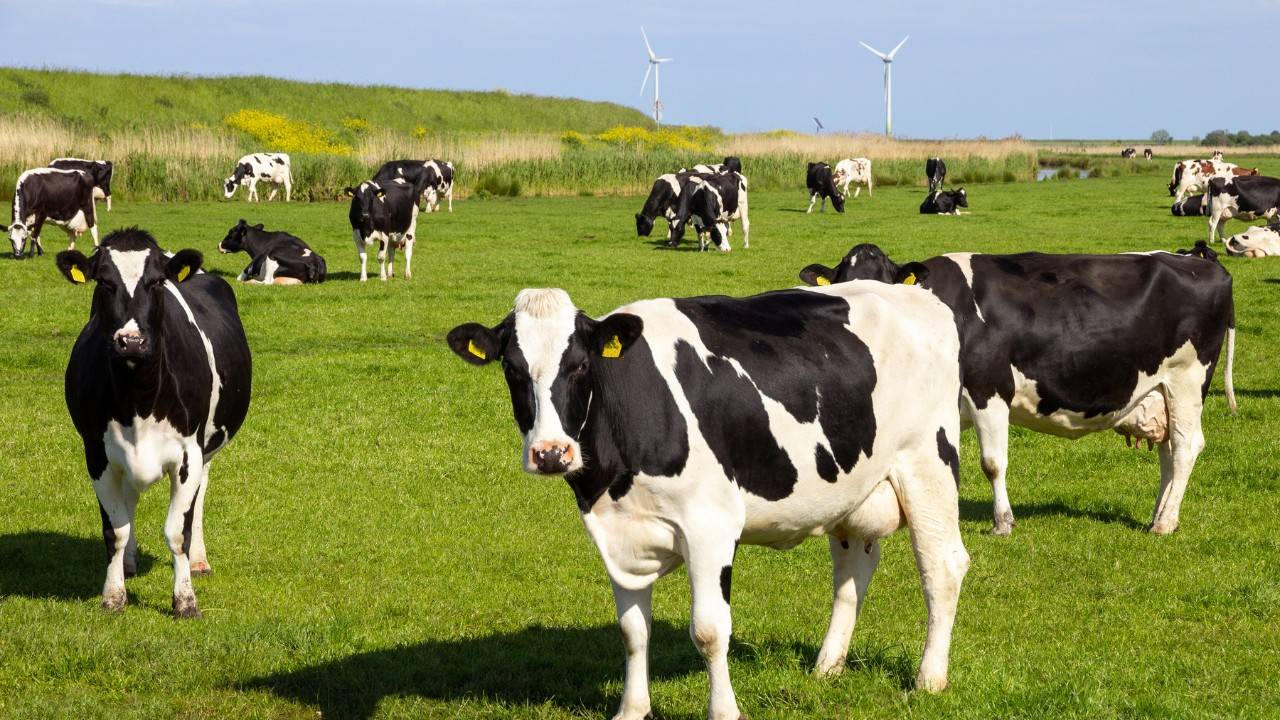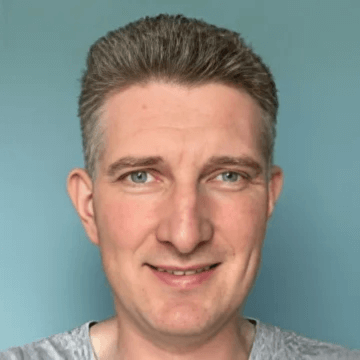Yes, that’s a serious question, and one I asked myself when I read a headline in Reuters about how the Pakistani city of Karachi is switching a portion of its public bus service to a new sustainable fuel source.
Some people have dubbed the project the cow bus, and it’s incredible what scientists have calculated as the emissions savings over the coming decades.
According to Reuters,
“Malik Amin Aslam, advisor on climate change to Pakistan Prime Minister Imran Khan, said the BRT system was the first transport project the Green Climate Fund had approved, and would bring ‘multiple environmental and economic benefits.’ It would not require operating subsidies, he added. The cheap, clean bus network will cater for 320,000 passengers daily, and will reduce planet-warming emissions by 2.6 million tonnes of carbon dioxide equivalent over 30 years, according to project documents.”
Now the project will also have an impact on water supplies and the amount of manure flooding into the ocean.
Apparently, more than 3,000 tons of manure end up in the ocean every single day. And it takes about 50,000 gallons of water to flush that waste out.
But by reusing the manure as fuel, the project could stop a million tons of manure polluting the sea every single year.
It’s a smart climate project that I hope will become a game-changer for many other cities with the same problems.


